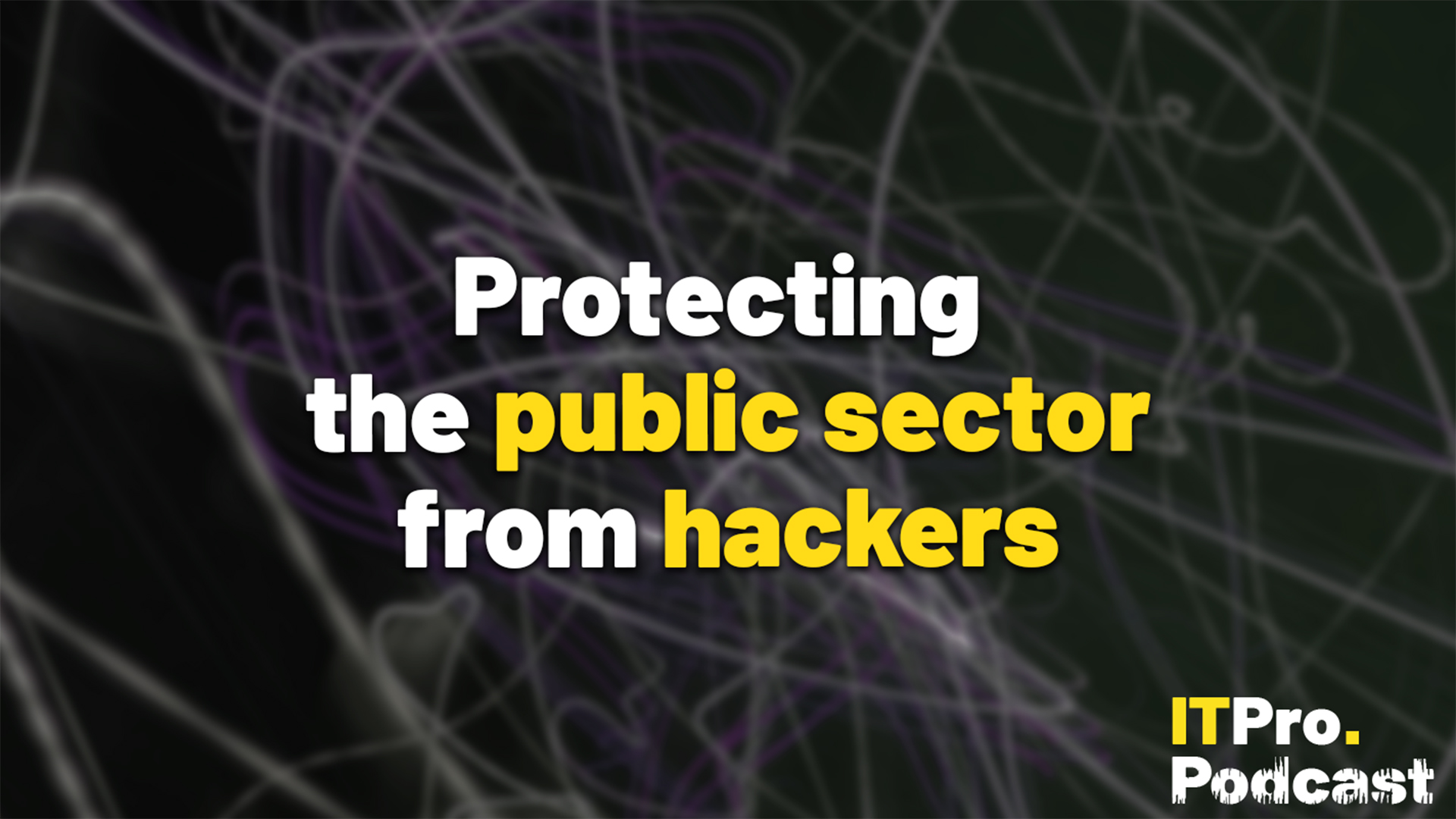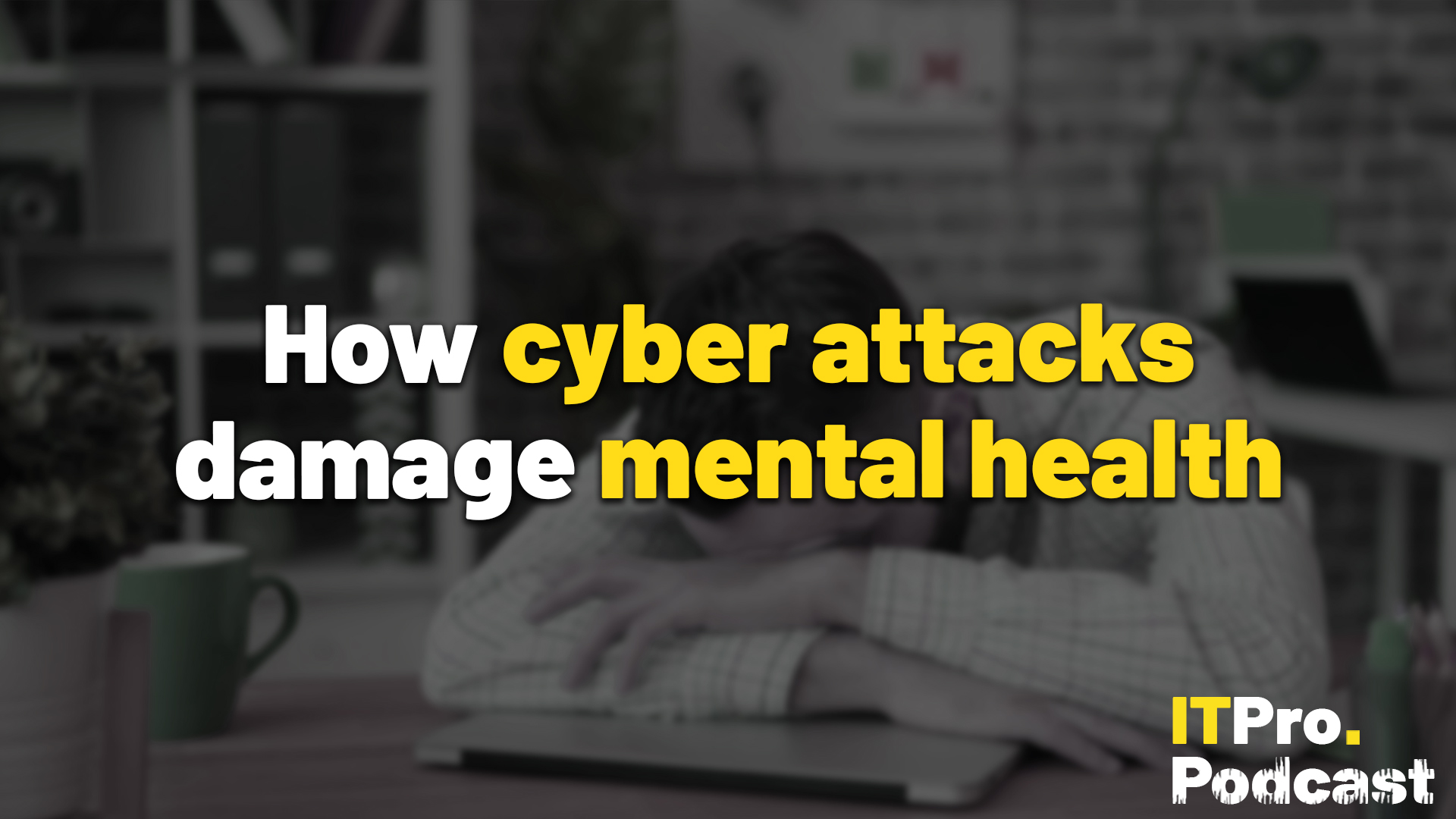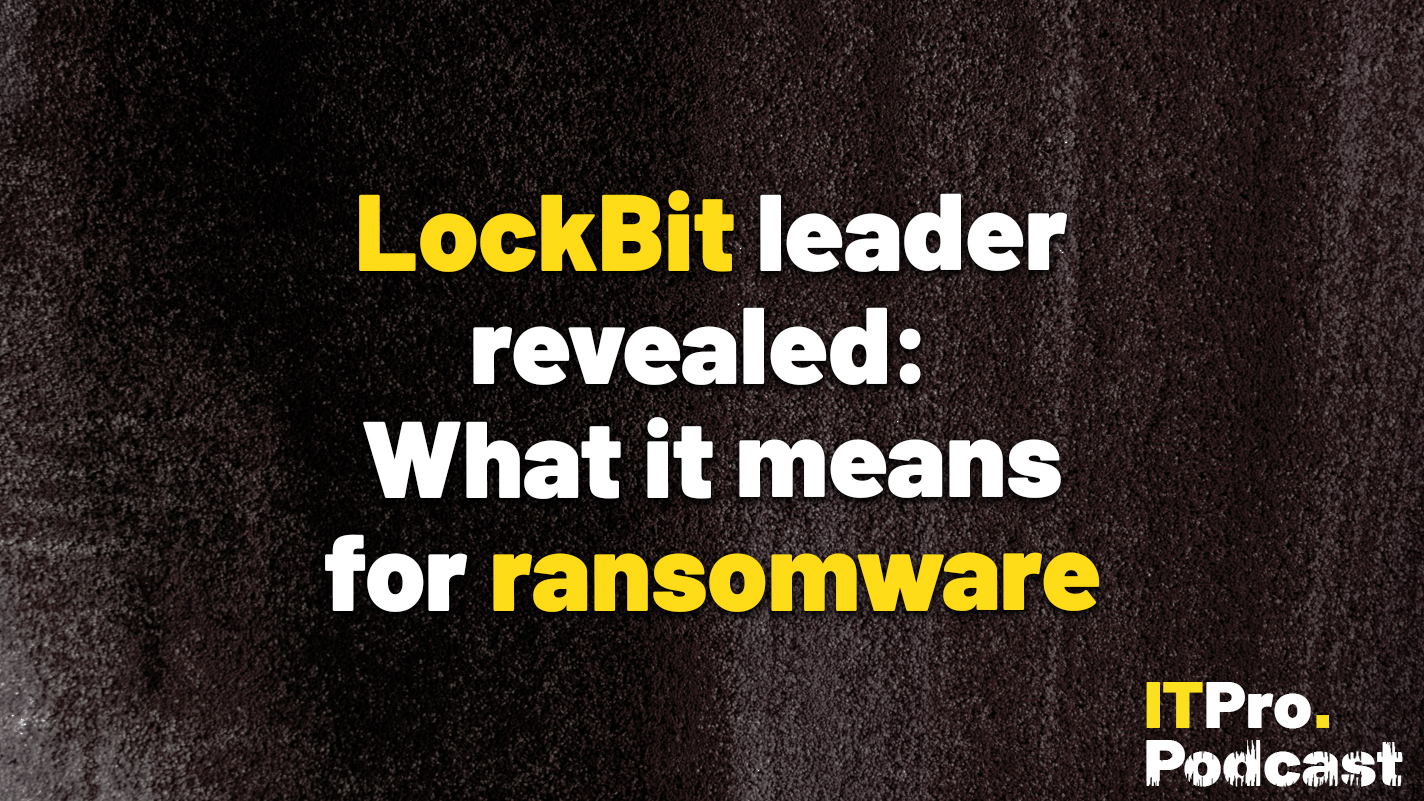The quantum security quandary
Businesses need to get ‘crypto-agile’ to win the quantum arms race


Quantum computing is an inevitable technology, with the private sector and nation-states racing to be the first to unlock its potential. While it can be used for all kinds of good, quantum computing could also be used to unravel critical systems.
One of the most common ways to protect data is to encrypt it using an RSA algorithm. In simple terms, it relies on the fact that while you can easily multiply one prime number by another, it’s very hard to work out prime factors from any given number. Quantum computing could make this much easier, allowing criminals to decrypt sensitive data.
The UK is among a number of nations investing in quantum computing, with the government having recently announced £900 million for exascale quantum computer. Stakes are high as we enter into what some have dubbed a ‘quantum arms race’, with the first to successfully crack encryption holding all the cards when it comes to its myriad use cases.
In this episode, Rory and Jane speak to Tim Callan, chief experience officer at cyber security firm Sectigo, about the current state of quantum computing research and how the industry can prepare for this seismic shift.
Highlights
“Think about those industrial secrets that, let's say, another nation-state might want to take away. Think about those military secrets, think about the plans for the stealth fighter. Those are the things that are very, very valuable. And those are the things that we need to worry about most immediately.”
“When I talk to people about this, I often say quantum computers are no longer a science project, they are now an engineering project. And what I mean by that is there's no question that it will work, and it will be commercially viable, and it will be practical. It's just about figuring out how to really get them all tuned in the way we want them.”
“What you should be doing now is you should be making yourself crypto-agile. Which means you have the ability to change your cryptography as needed at will. And there are a few steps for crypto agility. One of them is inventory or cryptography. Amazingly, most enterprises can't even tell you what cryptography they have implemented, where it is, how it's being used, whether or not it meets current standards.”
Get the ITPro daily newsletter
Sign up today and you will receive a free copy of our Future Focus 2025 report - the leading guidance on AI, cybersecurity and other IT challenges as per 700+ senior executives
Footnotes
- What is quantum computing?
- What is the ‘steal now, crack later’ quantum computing threat?
- 2023 Spring Statement brings 'enhanced' tax incentives to tech SMBs
- Dell CTO: AI is nothing compared to the oncoming quantum storm
- Skills shortages could pose threat to UK’s quantum ambitions
- UK startup's Equinix deal marks step towards broad quantum computing access
- How quantum computing can fight climate change
Subscribe
- Subscribe to The IT Pro Podcast on Apple Podcasts
- Subscribe to The IT Pro Podcast on Google Podcasts
- Subscribe to The IT Pro Podcast on Spotify
- Subscribe to the IT Pro newsletter
- Subscribe to IT Pro 20/20

Rory Bathgate is Features and Multimedia Editor at ITPro, overseeing all in-depth content and case studies. He can also be found co-hosting the ITPro Podcast with Jane McCallion, swapping a keyboard for a microphone to discuss the latest learnings with thought leaders from across the tech sector.
In his free time, Rory enjoys photography, video editing, and good science fiction. After graduating from the University of Kent with a BA in English and American Literature, Rory undertook an MA in Eighteenth-Century Studies at King’s College London. He joined ITPro in 2022 as a graduate, following four years in student journalism. You can contact Rory at rory.bathgate@futurenet.com or on LinkedIn.
-
 Bigger salaries, more burnout: Is the CISO role in crisis?
Bigger salaries, more burnout: Is the CISO role in crisis?In-depth CISOs are more stressed than ever before – but why is this and what can be done?
By Kate O'Flaherty Published
-
 Cheap cyber crime kits can be bought on the dark web for less than $25
Cheap cyber crime kits can be bought on the dark web for less than $25News Research from NordVPN shows phishing kits are now widely available on the dark web and via messaging apps like Telegram, and are often selling for less than $25.
By Emma Woollacott Published
-
 The new era of cyber threats
The new era of cyber threatsITPro Podcast With AI-powered attacks and state-backed groups, security teams face face a new wave of sophisticated threats
By Rory Bathgate Published
-
 Supply chain scares and Google’s AI code
Supply chain scares and Google’s AI codeITPro Podcast As the ransomware attack on Blue Yonder disrupts a wide range of firms, Google moves to lead by example on internal AI code
By Rory Bathgate Published
-
 Halloween special: Cybersecurity horror stories
Halloween special: Cybersecurity horror storiesPodcast Join us for three terrifying tales sure to chill any IT professional to the core
By Jane McCallion Published
-
 Securing your business with education and training
Securing your business with education and trainingITPro Podcast Keeping your workforce updated on the latest threats requires a cohesive cyber skills strategy
By ITPro Published
-
 Cracking open insider threats
Cracking open insider threatsITPro Podcast Leaders need to perform strict identity measures on would-be hires – and ensure employees who leave have access promptly removed
By Rory Bathgate Published
-
 Protecting the public sector from hackers
Protecting the public sector from hackersITPro Podcast With the public sector facing increasingly sophisticated threat actors, leaders need centralized security plans and better communication
By Rory Bathgate Published
-
 How cyber attacks damage mental health
How cyber attacks damage mental healthITPro Podcast As staff struggle to cope in the immediate aftermath of a cyber incident, leaders must do more to foster a culture of support
By Rory Bathgate Published
-
 LockBit leader revealed: What it means for ransomware
LockBit leader revealed: What it means for ransomwareITPro Podcast With LockBit's founder having been unveiled publicly and with international law enforcement still digging into detailed attack stats, the group is on high alert
By Rory Bathgate Published